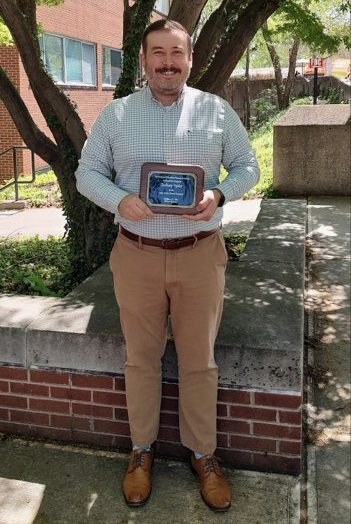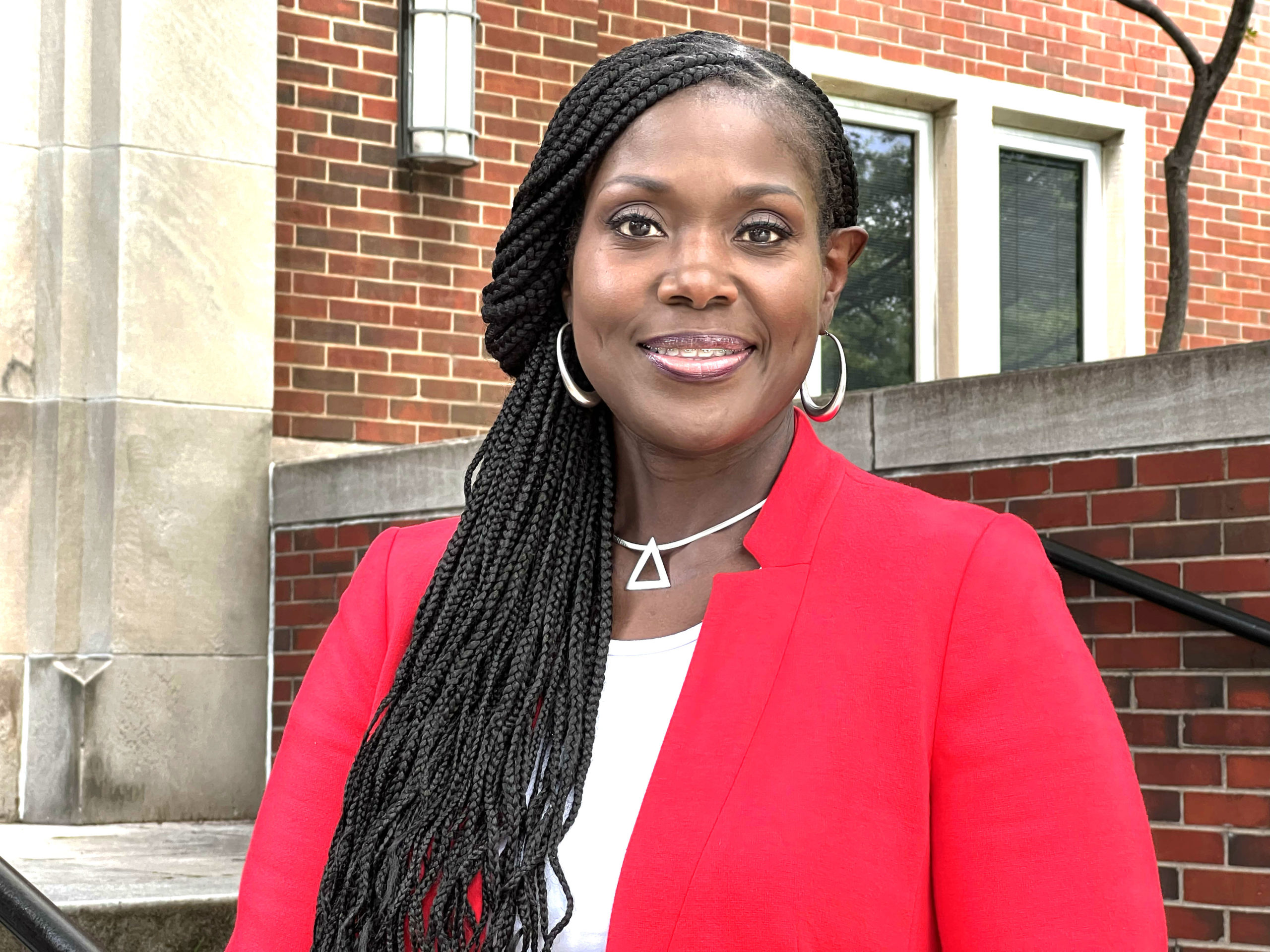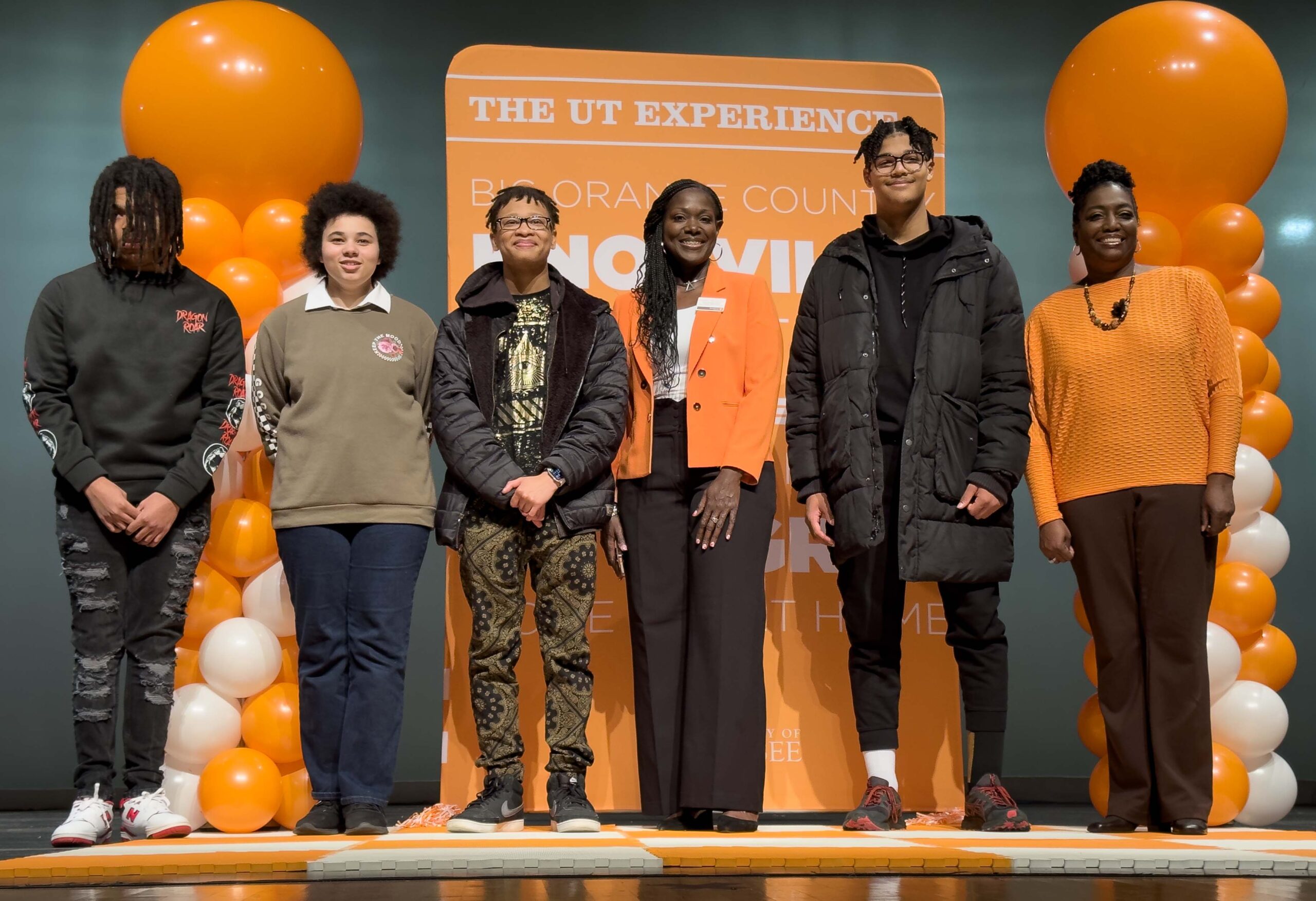School Superintendent Turnover is Increasing and Gender Gaps are Barely Budging
By Rachel White, Assistant Professor, Department of Educational Leadership and Policy Studies (May 16, 2023)
Reprinted from The Conversation
Public school superintendents are having a moment, and for many of them, the moment is neither super nor what they intended.
During the last several years, tense school board meetings where superintendents were fired erupted in Arizona, California, Colorado, Florida, Oregon, South Carolina and Virginia.
Contributing to this tension are politically divisive issues that many school superintendents have had to navigate over the last three years, including the teaching of race, book bans and providing access to athletics and bathrooms for students who identify as transgender.
Within this tense environment, a recent study found that nearly 40% of superintendents reported being threatened or feeling threatened on the job. And, 63% of superintendents reported feeling worried about their mental health and well-being over the past two years.
But while superintendents are feeling the heat, policymakers are unable to accurately determine the impact of pressure on superintendent well-being, performance and willingness to stay on the job.
In fact, the U.S. Department of Education does not collect such data on superintendents, and a nationally comprehensive, annually updated superintendent database has never existed.
As an education researcher who studies superintendents, I decided to create the data set myself by collecting data, one district at a time.
New insights into superintendent turnover
Since 2019, my research team has dedicated as many as 400 hours each year to collect the names of superintendents of nearly all traditional public school districts in the United States.
And for a newly published research study in the academic journal Educational Researcher, I conducted a comprehensive, national analysis of superintendent turnover in over 12,500 public school districts since 2019.
My analyses revealed an increase in turnover of nearly 3 percentage points – from 14.2% between 2019-20 and 2020-21 to 17.1% between 2021-22 and 2022-23. More than one out of every three states (37%) had a turnover rate greater than 20% between the last two school years.
A superintendent change occurred at least one time in 35% of districts nationwide, and 6% of districts experienced two or more turnover events.
Though we are unable to determine the exact cause, my research also shows that districts serving larger proportions of students of color were significantly more likely to experience superintendent turnover.
This finding is especially troubling given that frequent churn of leadership can disrupt a school district’s stability and culture, ultimately impacting students’ academic performance.
The role of gender
Superintendent turnover rates vary tremendously across states and districts.
Town and suburban districts were significantly more likely to experience superintendent turnover than urban and rural districts. New research suggests that contentious politics may contribute to superintendent fatigue.
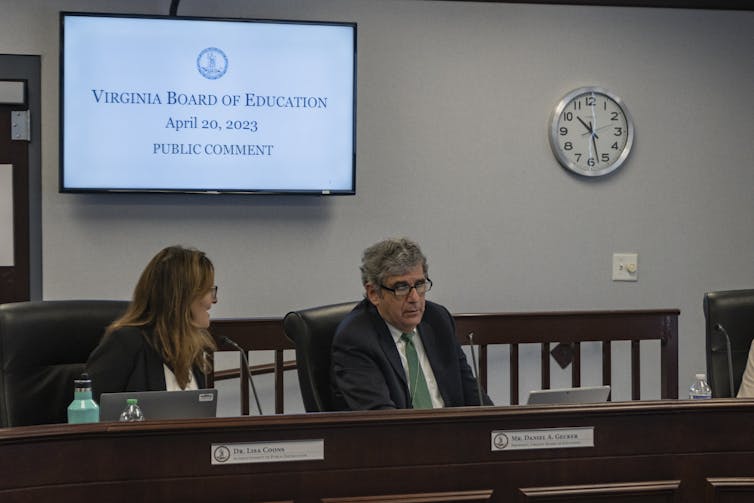
Sixty-five percent of suburban superintendents, for instance, agreed or strongly agreed that school board meetings have become more contentious, compared to 55% of urban superintendents and 47% of rural superintendents.
My research also revealed that superintendent turnover rates for men increased at nearly twice the rate of that for women.
The turnover rate for men jumped 3.2 percentage points, from 13.8% to 17.0%, while the increase for women was 1.8 percentage points, from 15.3% to 17.1%.
Though the jump in turnover rate for men could have narrowed the superintendent gender gap, the gap barely budged. Among districts that experienced turnover, very few hired a new superintendent who was a different gender than their prior superintendent.
As it is currently, the ratio between male and female superintendents nationally is 3-to-1. In some states, that ratio is as large as 8-to-1.
There are also differences in the characteristics of districts where superintendent jobs turned over.
Among districts led by men, those that experienced turnover had significantly larger proportions of students receiving free or reduced price lunches, students of color and students classified as English language learners
Women-led districts that experienced turnover had significantly smaller proportions of students classified as English language learners and students receiving free or reduced-price lunches.
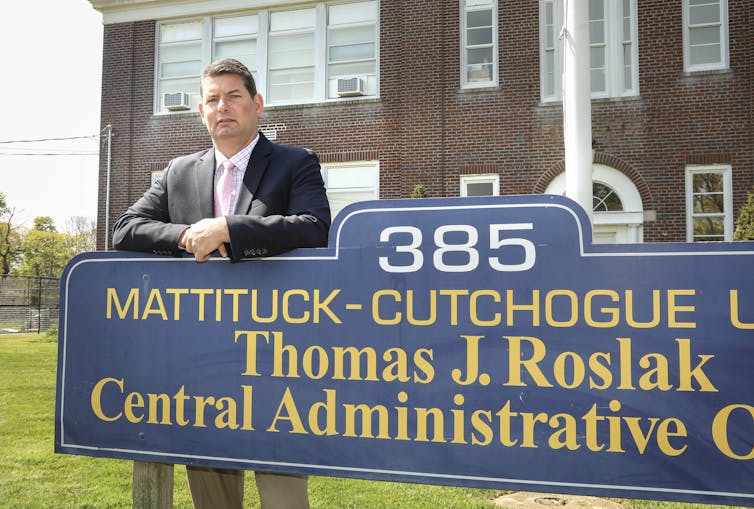
Moreover, districts that experienced superintendent turnover involving either a man or woman with larger proportions of white students were consistently more likely to hire a man to be their next leader.
Why superintendent data matters
This research only begins to fill an expansive void in our basic understanding of American superintendency.
Currently, the most commonly referenced data or reports on superintendents come from the American Association of School Administrators; the RAND Corporation, a nonprofit research institution; and the ILO Group, a women-owned national education strategy and policy firm.
These sources do provide valuable insight into the superintendency.
For example, ILO Group’s analyses show that half of the nation’s largest 500 districts have experienced superintendent turnover since March 2020.
Based on a survey of 222 district leaders, the RAND Corporation found that 13% of superintendents planned to leave their position after the 2020-21 school year.
Yet, each of these sources is quite restricted in what it can reveal about superintendent turnover due to low response rates, small samples and respondent anonymity that does not allow superintendents to be linked to districts.
Additionally, the RAND surveys asked about superintendents’ intentions to leave their current position, a measure known to be largely inaccurate for determining actual turnover.
Due to the limitations of existing data, divergent claims have emerged of both “projected normal turnover rates” and a “mass exodus” of superintendents.
Some states are making an effort to support the collection and analysis of data on superintendents. However, states often make it incredibly challenging for researchers, for example, by charging a substantial fee for data access – in some cases as much as $10,000 a year.
Having this data would provide a timely, comprehensive picture of the superintendency – not just a brief snapshot of a few superintendents at a point in time. Moreover, national, longitudinal superintendent data would allow for deeper examination of the contributors to and consequences of superintendent turnover.
If ensuring some teachers and students are not disproportionately at risk of undesirable superintendent churn, sustained support for and efforts to collect and analyze national longitudinal superintendent data must be prioritized.









